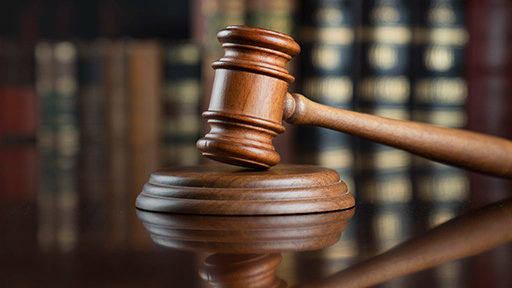In the dynamic realm of digital media, influencers wield substantial power in shaping public opinion and consumer behavior. With this influence comes great responsibility to maintain an ethical and lawful online presence. To build a responsible digital footprint, influencers must first prioritize transparency. This involves openly disclosing paid partnerships, sponsorships, or any vested interests when promoting products or services. Such disclosures not only uphold credibility but also adhere to the legal guidelines set forth by consumer protection agencies. Additionally, respecting intellectual property rights is paramount. Using copyrighted content without proper authorization can result in legal repercussions. Therefore, influencers should source images, music, and other materials from legitimate platforms or obtain the necessary permissions. Furthermore, vigilant approach to truthful advertising is essential. Making false claims or exaggerations about a product’s benefits not only breaches ethical standards but also breaches advertising laws. Influencers must engage in due diligence, verifying the accuracy of information before endorsing any product or service.

Moreover, data privacy must not be overlooked. Collecting personal information from followers without their consent can violate privacy laws. It is crucial to familiarize oneself with data protection regulations and to obtain clear consent when collecting, using, or sharing personal data. Navigating the social media landscape also demands a keen awareness of potential legal pitfalls. Defamation, for instance, can occur when making false statements that harm someone’s reputation. Whether in comments, captions, or video content, exercising caution and fact-checking before sharing any potentially damaging information is imperative. Additionally, the endorsement of risky or harmful behavior is both ethically questionable and legally precarious. Influencers must refrain from promoting dangerous activities that could lead to physical, mental, or emotional harm. As partnerships with brands or companies often constitute a significant part of an influencer’s income, contractual agreements must be approached judiciously.
Clear, written contracts that outline the scope of work, compensation, and deliverables protect both parties involved and provide a point of reference in case of disputes visit website. Moreover, these contracts can establish ownership rights for content created during collaborations. Finally, while freedom of speech is a fundamental right, its exercise should be accompanied by sensitivity and an understanding of potential consequences. Hate speech, discriminatory comments, or harassment not only violate the terms of most social media platforms but can also result in legal actions. Influencers should foster a positive online environment and avoid engaging in harmful dialogue. In conclusion, influencers bear a significant responsibility in the digital age, necessitating a proactive commitment to ethical and legal standards. Transparency, intellectual property respect, truthful advertising, data privacy, and cautious contractual engagements are all integral aspects of maintaining a responsible online presence. By adhering to these principles, influencers can wield their influence in a manner that not only upholds the law but also contributes positively to the online community they engage with.